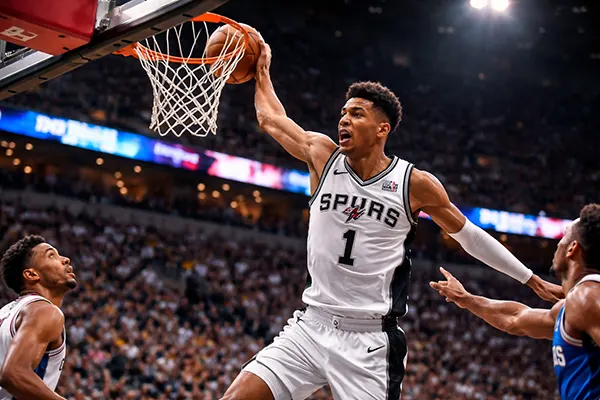The glamour and rush of competition don’t end on the field or court for some sports stars. Instead, these sensations are often sought in the lavish and risk-filled arenas of casinos. Here, athletes with a penchant for gambling lay down their wagers, seeking a different kind of thrill, one that can sometimes cost them far more than just their chips.
Gambling at Tivoli Casino offers an adrenaline rush similar to a last-second shot or last lap, and for some athletes, the temptation is irresistible. The high stakes, the psychological warfare at the tables, and the intoxication of a big win are potent draws.
Antoine Walker
Antoine Walker, the former NBA star, had a particularly public and painful dance with gambling. His high-rolling habits landed him in serious financial trouble, despite his substantial earnings from his basketball career. His case highlights the gravity of gambling addiction and the impact it can have even on the most successful athletes.
John Daly
Golf’s colorful character, John Daly, is equally open about his interests in the world of gambling. His memoirs speak eloquently of his ventures, detailing losses at Tivoli Casino that numbered in the millions. Daly’s penchant for casinos became a legendary part of his extracurricular personality, as intrinsic to him as his powerful golf swing.
Floyd Mayweather
Floyd Mayweather, a boxing titan known for his undefeated record, is no stranger to making headlines in the gambling world. His wagering is as bold as his boxing style, often publicized through his social media channels, where he flaunts six-figure betting slips with the same bravado he displays in the ring.

Wayne Rooney
Wayne Rooney’s gambling tales serve as a sobering narrative about the pitfalls of mixing the high-pressure world of professional sports with the high stakes of gambling. The English football icon’s losses, which reportedly amounted to large sums during his younger years, underscore the compulsive side of gambling that can ensnare even the most disciplined athletes.
Art Schlichter
Perhaps one of the most tragic tales is that of Art Schlichter, a once-promising NFL quarterback whose career and life were ravaged by a gambling addiction. His repeated run-ins with the law and the subsequent prison sentences reveal the darkest side of gambling’s grip on sports stars.
Conclusion
The relationship between athletes and gambling is complex and often fraught with danger. The very qualities that make them champions—competitive drive, confidence, and a belief in their own luck—can also fuel a destructive gambling habit. While many athletes have no problem enjoying gambling at Tivoli Casino, for some it can lead to a downfall as dramatic as any sports defeat. This phenomenon is a crucial reminder of the need for support systems and education about the risks of gambling, particularly for those in the high-stress, high-reward world of professional sports. It’s not just about telling cautionary tales, but about ensuring that the heroes of the field don’t become casualties of the casino.




